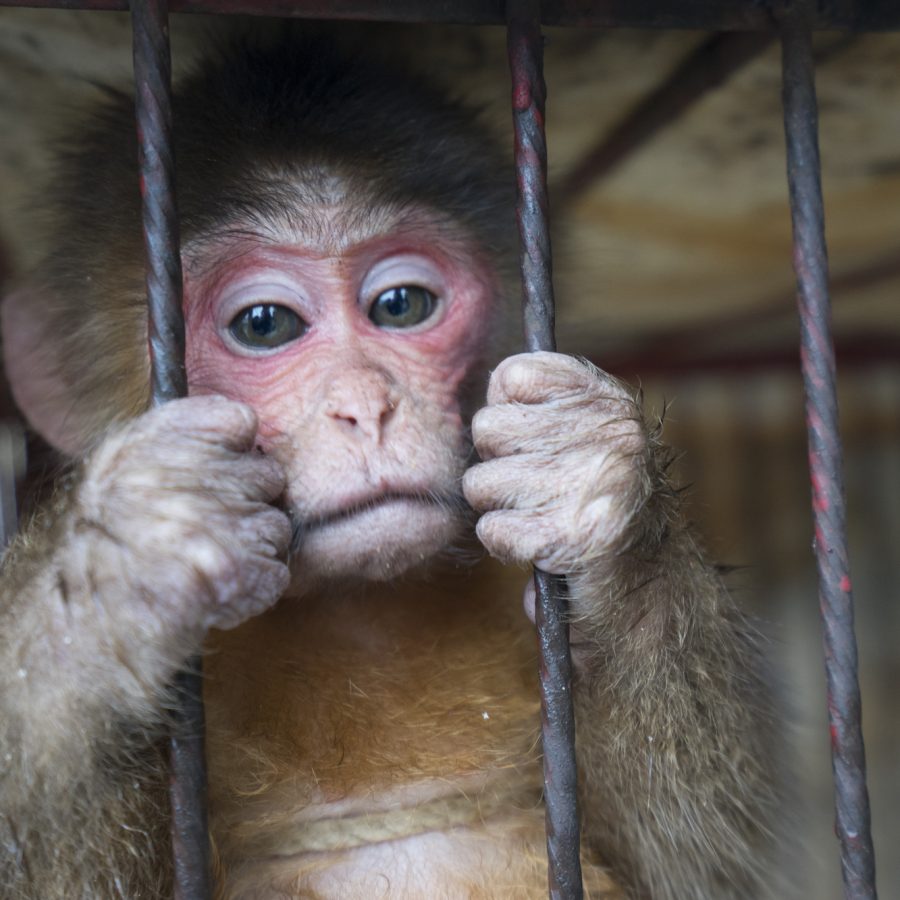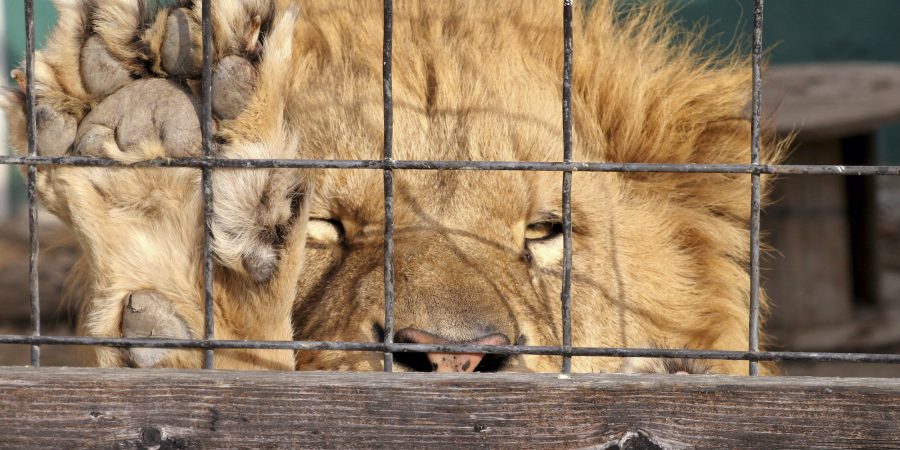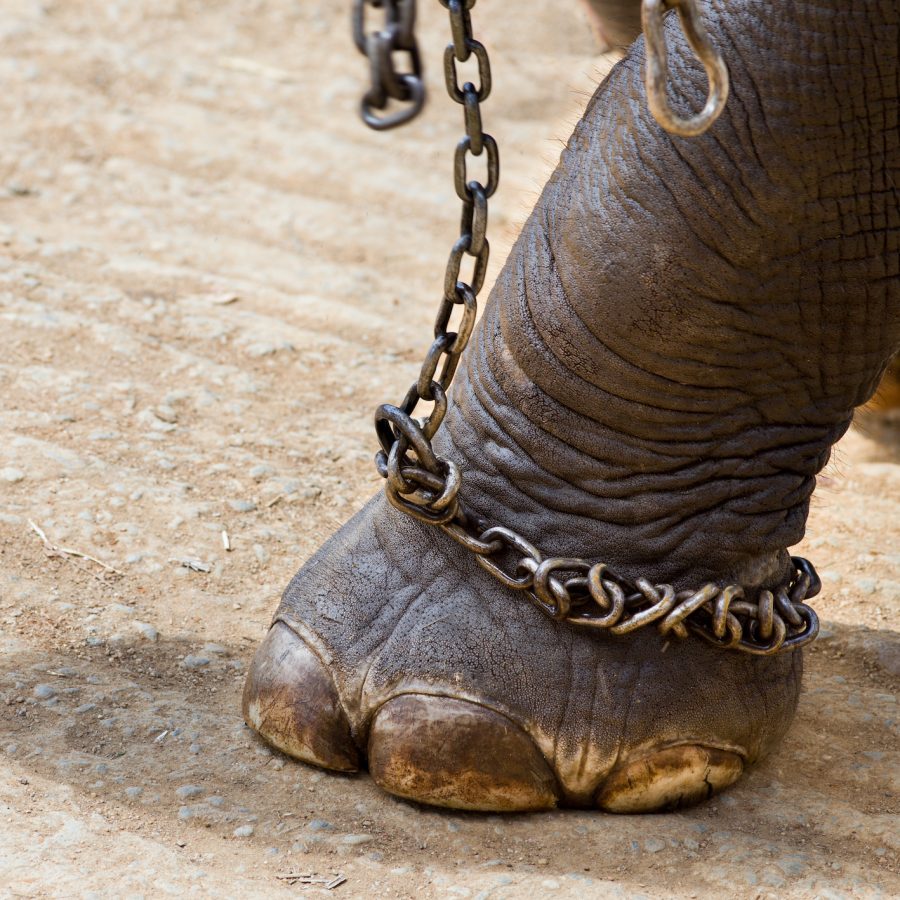Legislation
Around the world, the plight of animals in circuses is increasingly heard. National, regional and local governments in at least 30 countries have already banned the use of exotic or all animals in circuses. There are currently no ‘exotic’ animals in circuses in Australia; but while an increasing number of Australian councils have taken an ethical stance by adopting a ban on exotic animal circuses from appearing on council land, a national ban is not yet in place.
The animals now forced to perform in Australian circuses include ponies, horses, goats and dogs. Although they are not ‘exotic’, these animals still have the same desires to experience the world around them with autonomy; to explore their space, to play or seek privacy if they wish, play, and to form social bonds. A lifetime in the circus for any animal, is a life of confinement when behind the scenes, and coercion when in the ring.









